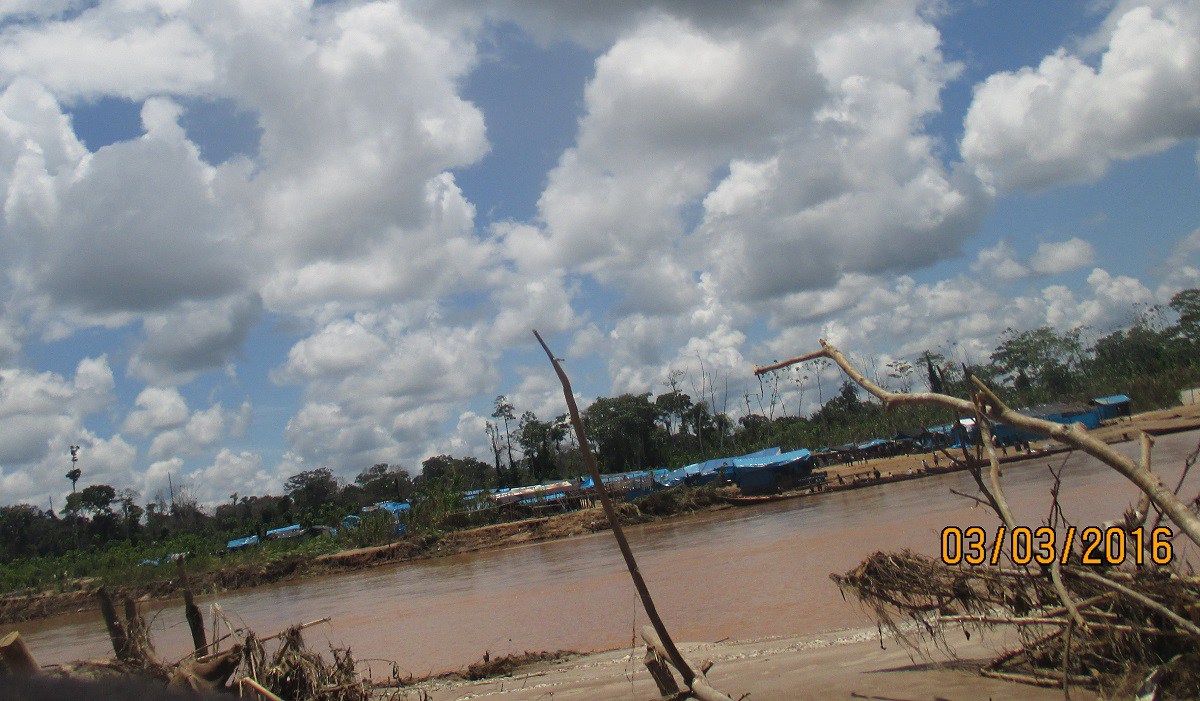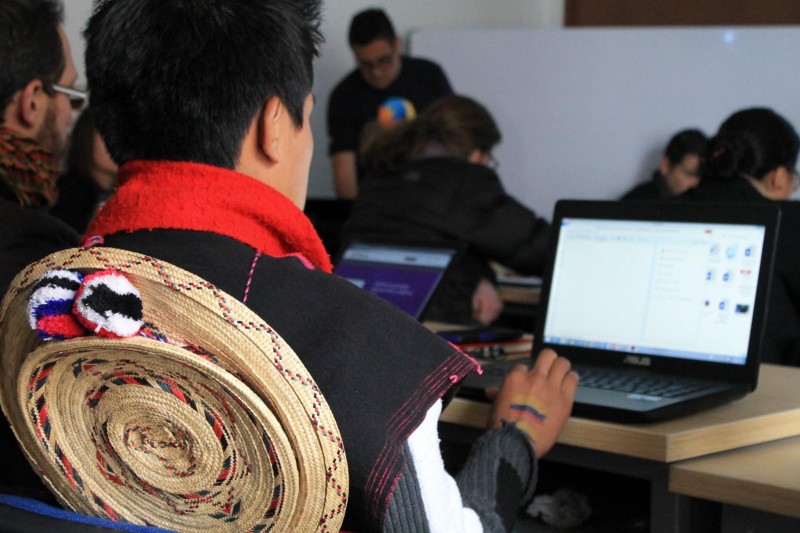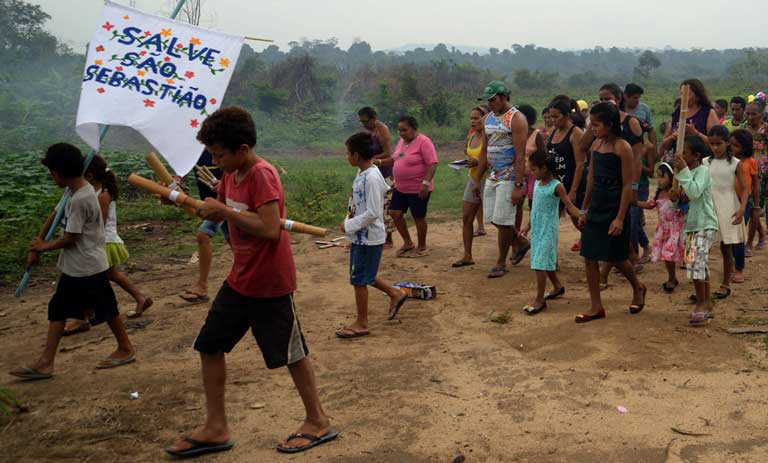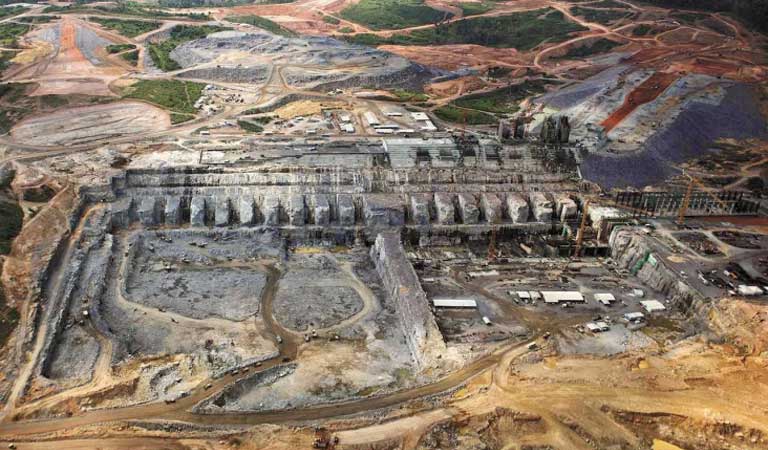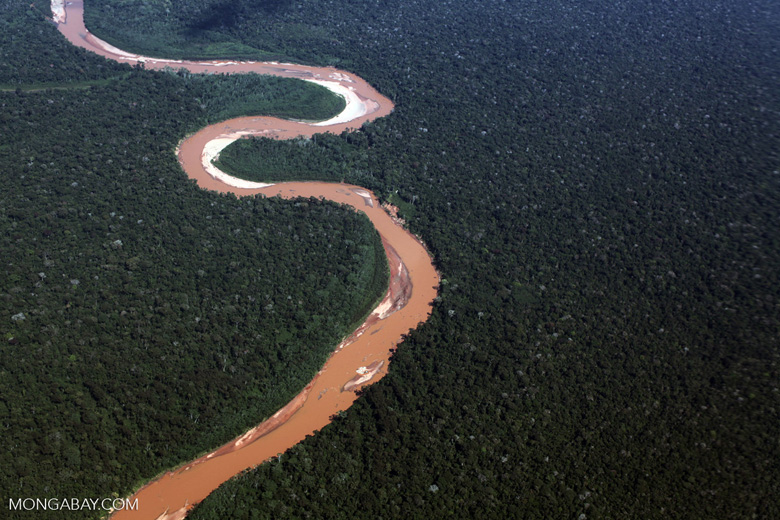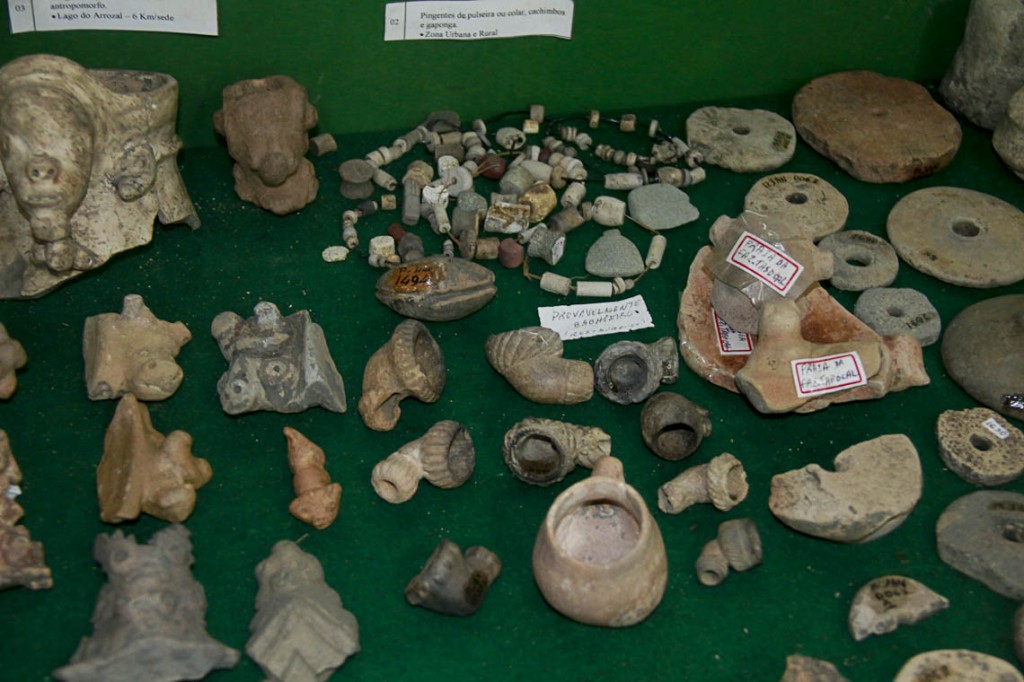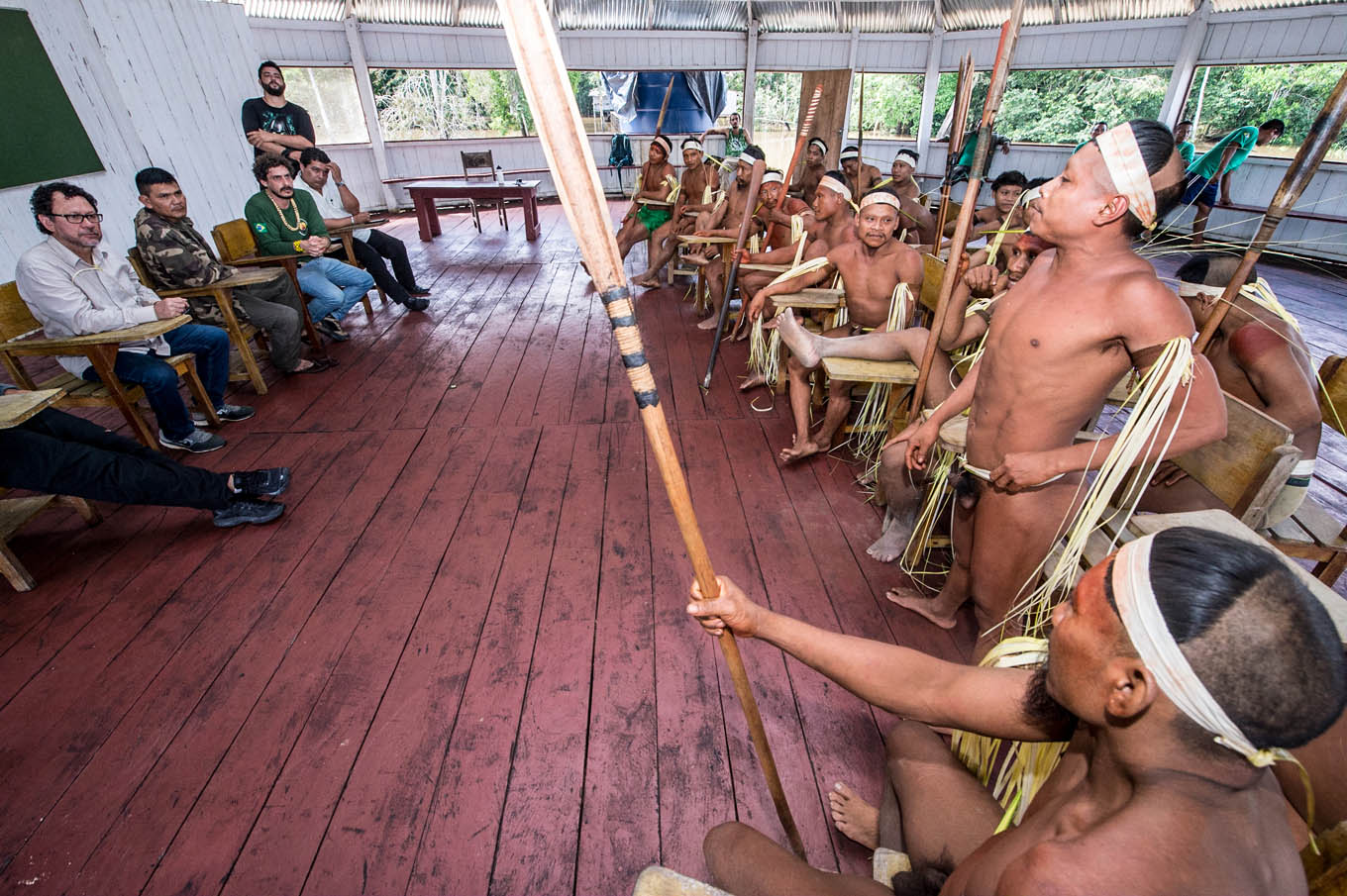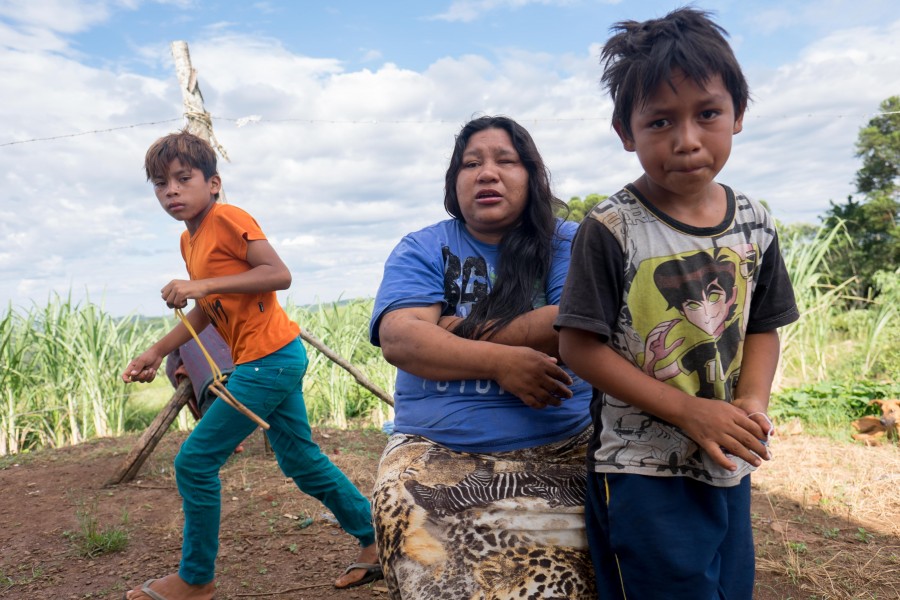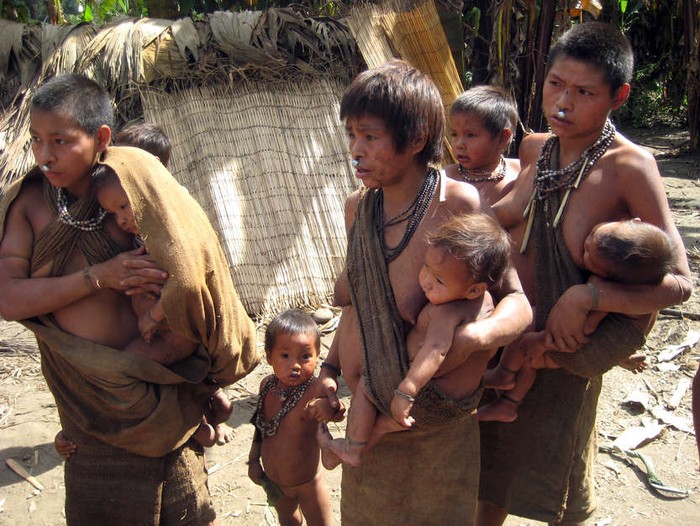In December 2015, Actualidad Ambiental reported that a large number of illegal miners were working on both sides of the Malinowski River, which separates the Tambopata National Reserve from its buffer zone.
Monthly Archives: March 2016
Participatory research project: indigenous languages and digital media
Peoples, whose cultures and languages were marginalized and displaced by the Nation-State, have appropriated – slowly, but surely – digital media to reassert their cultural and linguistic presence in cyberspace.
Indigenous and non-indigenous cultures, once hostile to each other, now mingle
Xipaya Indians and beiradeiros (river people), are finding a life in common in the village of Tukaya on the remote reaches of the Iriri River.
BNDES-funded Belo Monte dam — a mega-project with mega-problems
Was Brazil’s BNDES bank too rigid to change course when the Belo Monte dam showed signs of becoming a financial, environmental and social disaster?
Conservation giant puts $100M into Amazon protected areas
The Gordon and Betty Moore Foundation has pledged another $100 million toward efforts to establish and support protected areas across the Andes-Amazon landscape.
The “Dr. Brick” who changed the history of archeology in the Amazon
Carlos Augusto da Silva, who walked the path of the excavation of artifacts and ancient pieces, is now a doctorate in archeology from the Federal University of Amazonas.
Funai repudiates Matís for assault to doctor and surprises Amazon indigenous
According to Funai, a group of Matís indigenous threatened employees and assaulted a doctor of the Special Indigenous Secretariat for Health in the Brazilian Ministry of Health.
Iriri River offers up examples of sustainable and unsustainable business
Today’s small family-run Brazil nut processing center prospers, while Henry Ford’s rubber plantation and Julio Vito Pentagna Guimarāes’s mega-cattle ranch have been reclaimed by the jungle.
Toddler’s murder in Brazil unveils widespread violence against indigenous
Two cases of prejudice and violence —the murders of Vitor and Dos Santos— are two extremes of a reality that is lived daily by Brazil’s indigenous population.
Peruvian Viceminister confirms mercury poisoning in ethnic Nahua
The reason would be the consumption of a banned fish for human consumption in countries like Colombia and Brazil, because its body has the ability to accumulate mercury acquired by the environment.


